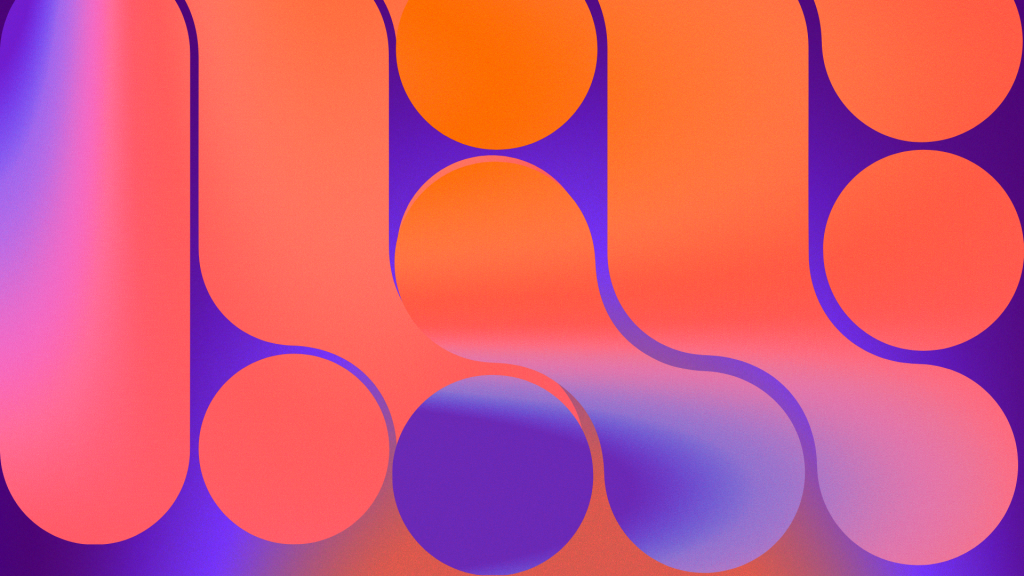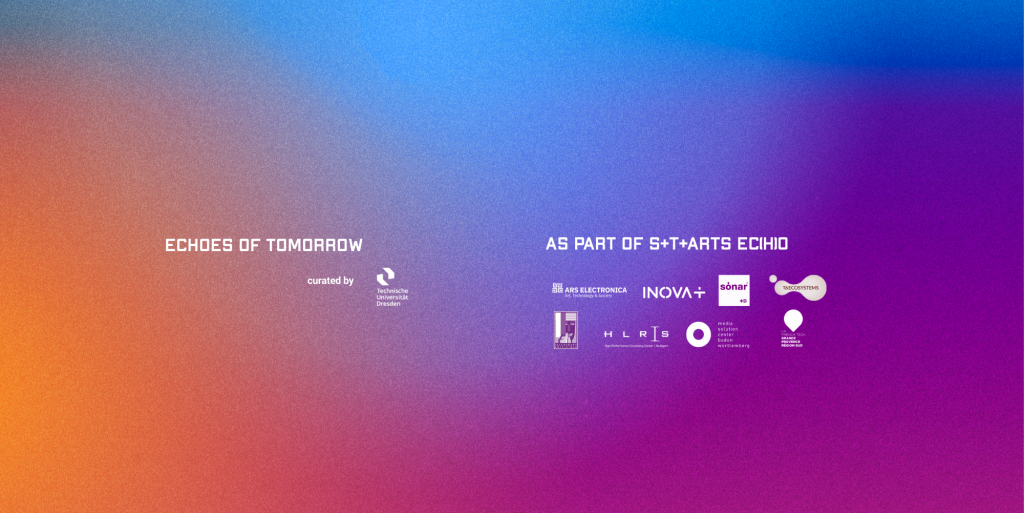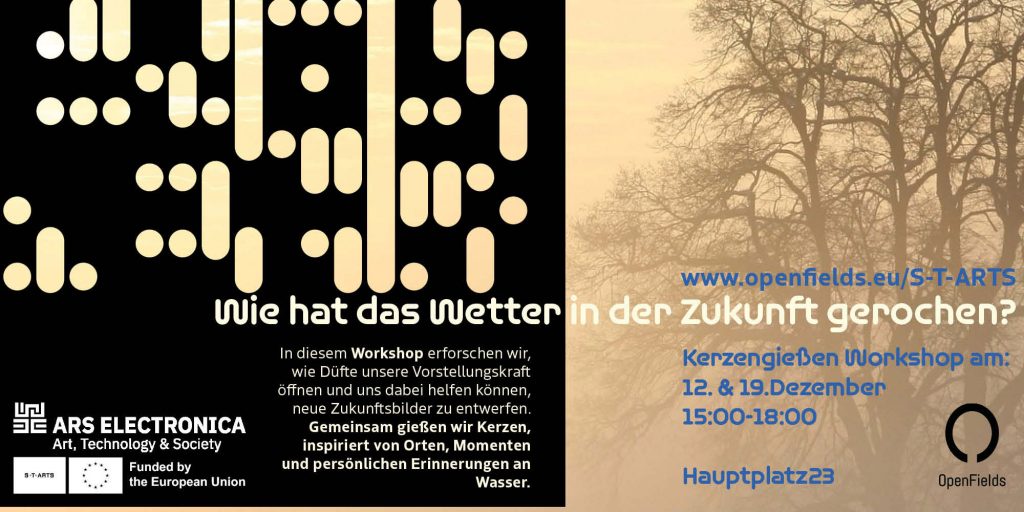Afropean Intelligence Residencies Program. (2025–2026)
From September 2025 to April 2026,
Afropean Intelligence supports 10 African artists in residence, hosted across Nigeria, Egypt, Tunisia, South Africa, and the Democratic Republic of Congo. Over the next months, they will develop projects that draw from ancestral traditions and cultural practices while experimenting with artificial intelligence and digital tools.
Each residency critically engages with AI — not to replicate dominant Western paradigms, but to subvert, hack, re-route, and reimagine it. From counter-mapping urban spaces to reclaiming archives and heritage, from making AI tangible through dance, jewellery, ritual, or sound, to sourcing data collectively with communities, these projects challenge extractive logics and instead foreground African epistemologies, plural identities, and embodied knowledge.
In a time when algorithms reinforce bias, archives are contested, and ecological and social futures are at stake, Afropean Intelligence foregrounds artists as catalysts of change. By working across disciplines and borders, these 10 artists invite us into bold, poetic, and disruptive scenarios where AI can become a tool for collective empowerment and cultural resilience.
10 Challenges →
10 Residencies.
#1 – Intercultural AI:
Weaving Worlds through Art and Algorithms
+
AI models and systems are trained on data heavily biased toward dominant cultures – particularly English-speaking, western worldviews while marginalizing or erasing others. Current AI systems are oblivious of the cultural nuances that exists in African language, values and aesthetics. This creates a future of AI inequalities that reinforces cultural silos, and systemic exclusions.
Host institution
Gallery of Code, Abuja (NG)
European partner
GLUON, Brussels (BE)
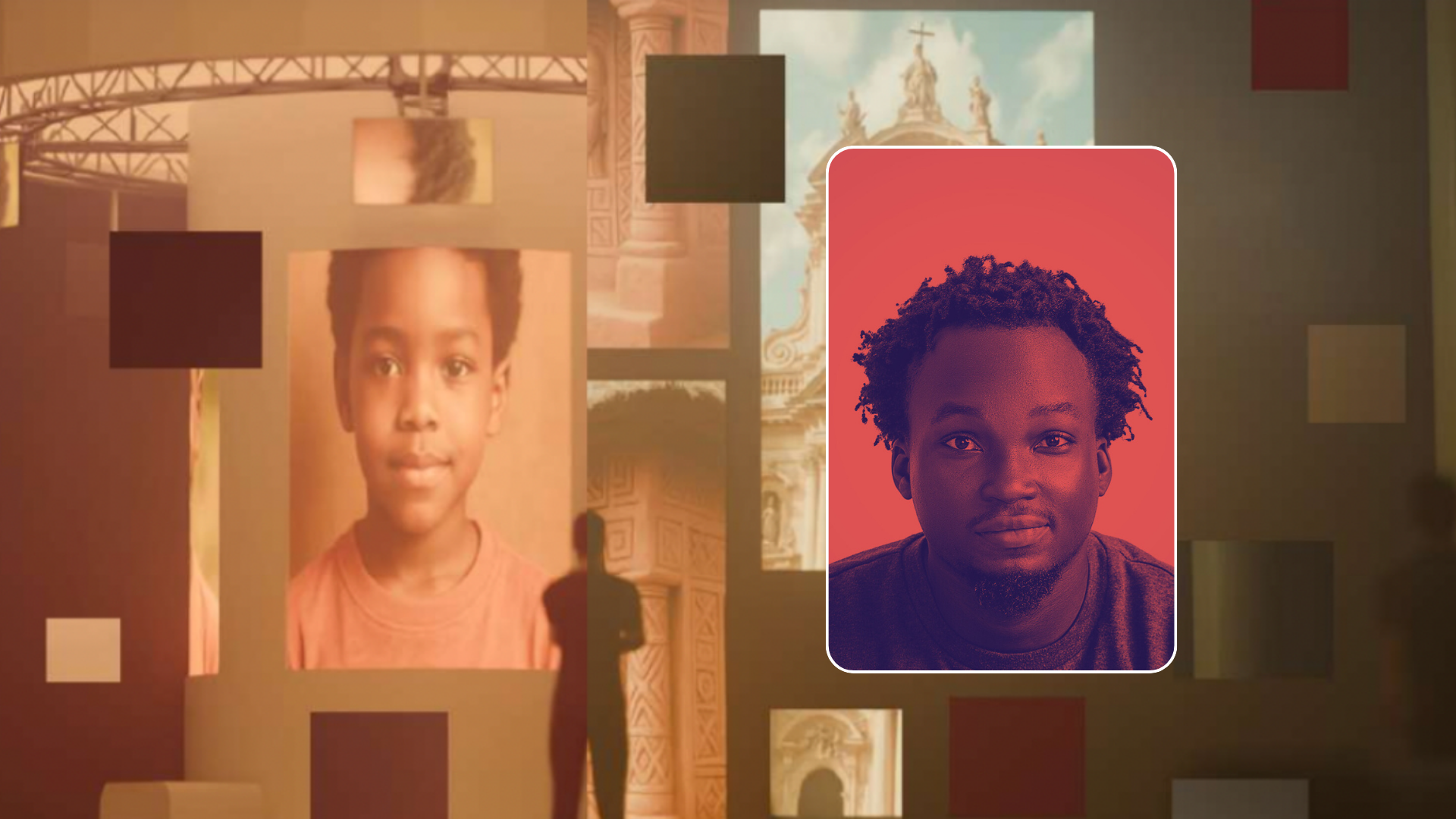
#2 – Intercultural AI:
Weaving Worlds through Art and Algorithms (bis)
+
AI models and systems are trained on data heavily biased toward dominant cultures – particularly English-speaking, western worldviews while marginalizing or erasing others. Current AI systems are oblivious of the cultural nuances that exists in African language, values and aesthetics. This creates a future of AI inequalities that reinforces cultural silos, and systemic exclusions.
Host institution
Gallery of Code, Abuja (NG)
European partner
GLUON, Brussels (BE)

#3 – Plural Computation
+
How can artistic and technological practices reimagine urban and rural territories in post-colonial Africa?
Host institution
Gallery of Code, Abuja (NG)
European partner
GLUON, Brussels (BE)

#4 – Psychogeography and the Influence of AI
+
This challenge looks at how places affect the way we feel, think, and move. Every space whether a city street, a rural road, or a hidden corner has layers of history, emotions, and power structures that shape our experience. How does AI influence our navigation, perception, and freedom in these spaces?
Host institution
B’sarya for Arts, Alexandria (EG)
European partner
CHRONIQUES, Marseille (FR)

#5 – Archives and Memory
+
This challenge is about how we keep, change, and remember history. Archives whether old photos, stories, or official records shape what we know about the past. But memories aren’t always complete or neutral. What gets remembered? What gets forgotten? And who decides?
Host institution
B’sarya for Arts, Alexandria (EG)
European partner
CHRONIQUES, Marseille (FR)
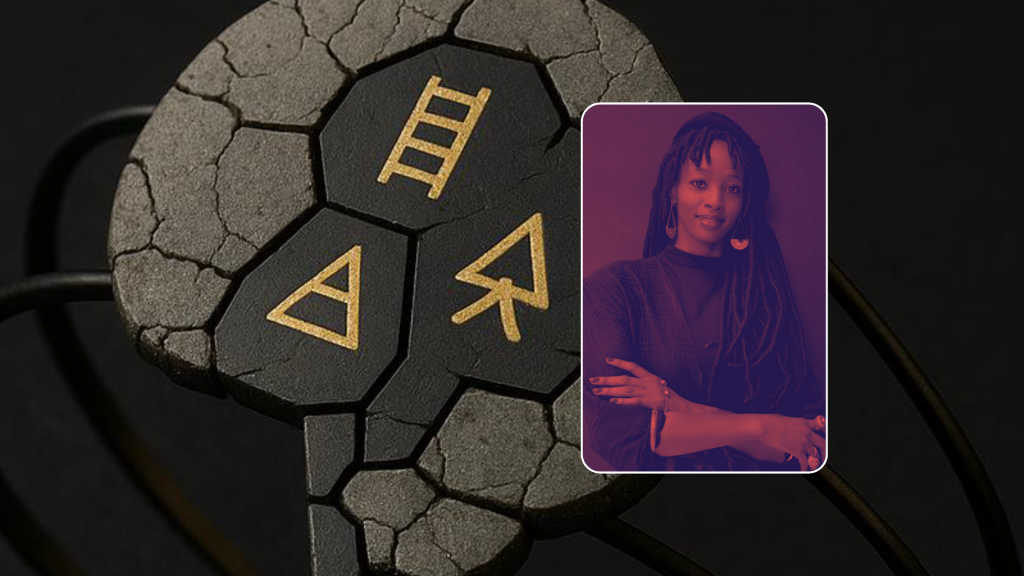
#6 – ZaZi: An African Educational AI Model
+
How can we create a generative AI experience that demystifies how AI works, how bias occurs, and highlights its potential when built inclusively – for a diverse, multigenerational African audience?
Host institution
Fak’ugesi, Johannesburg (ZA)
European partner
CHRONIQUES, Marseille (FR)
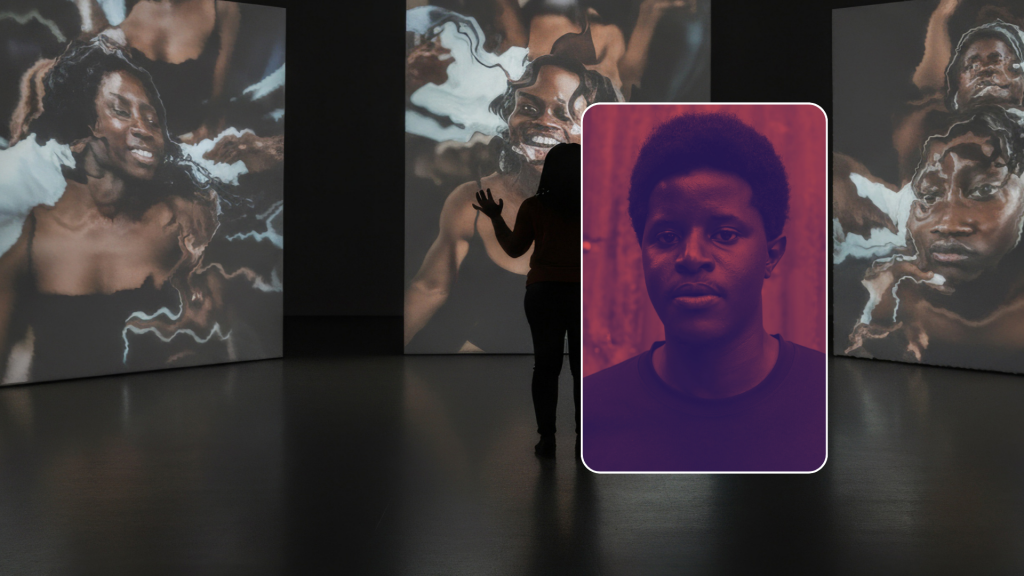
#7 – Beyond Borders: AI, Climate, and Resource Justice in Africa
+
Water scarcity and resource depletion are urgent issues across Africa, exacerbated by climate change, unsustainable practices, and global inequalities. These crises drive displacement, reshape borders, and question land and water ownership. How can AI, ancestral knowledge, and artistic research intersect and help us rethink resource justice and sustainability in a shifting climate landscape?
Host institution
INTERFERENCE, Tunis (TN)
European partner
CHRONIQUES, Marseille (FR)
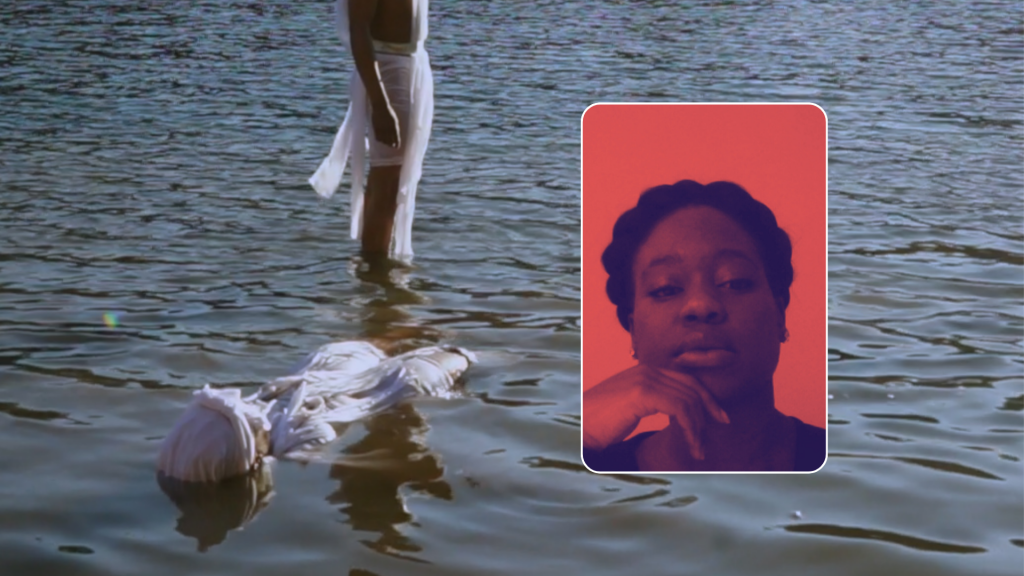
#8 – Digital Lukasa: An Intelligent Archival Tablet
+
How can we reactivate and revive the contents of the Lukasa, the memory tablet of the Luba people? Can Artificial Intelligence, in service of art, help explore and unveil the ancestral knowledge held within the Lukasa? How can we revisit and reinterpret this knowledge to make it accessible to current generations, while respecting the will of the ancestors and deities?
Host institution
Krithika Art Projects, Kinshasa (CD)
European partner
Africa Museum, Tervuren (BE)
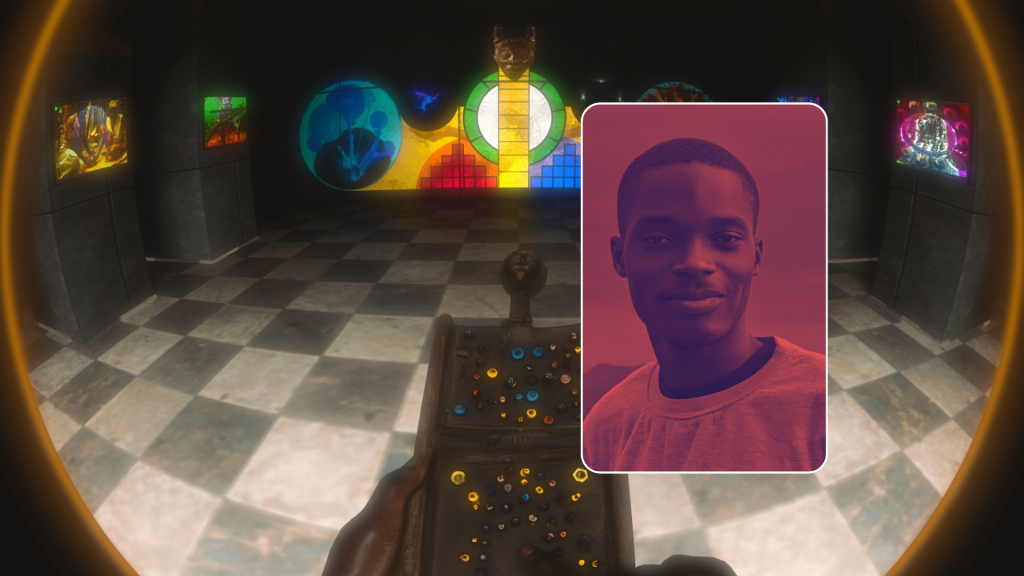
#9 – Provenance and Social Memory
+
This project explores the role of AI in the preservation, restoration, and restitution of Congolese artworks, many of which have been lost or partially destroyed. It is part of ongoing debates around the provenance of cultural goods, the reconstruction of social memory, and the repair of forgotten legacies.
Host institution
Académie des Beaux-Arts, Kinshasa (CD)
European partner
Africa Museum, Tervuren (BE)

#10 – Futurism and Geolocation
+
The DRC is still developing according to a model inherited from colonization, often disconnected from the daily lives of its inhabitants. In Kinshasa, population growth has made traffic increasingly chaotic, turning mobility into a daily challenge that urgently requires a solution. Artificial intelligence offers an opportunity to envision a more human-centered future by proposing tangible reinventions to improve urban mobility.
European partner
Africa Museum, Tervuren (BE)

